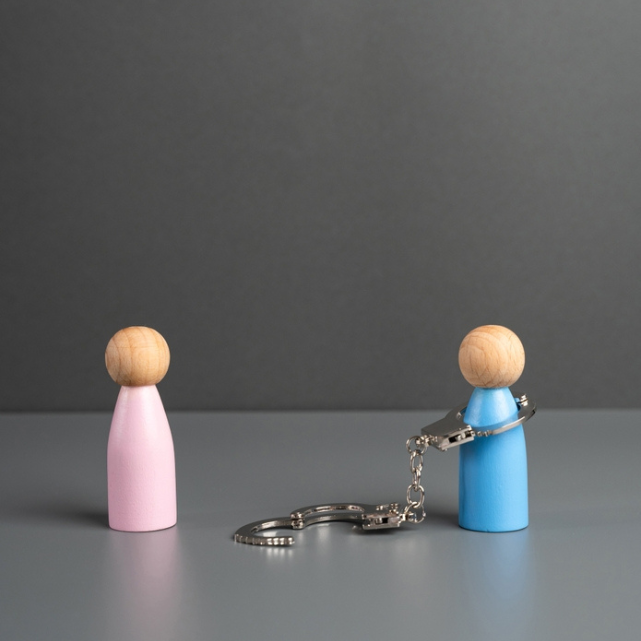Online Counselling for Breaking Free from Toxic Relationship Patterns
What is a Toxic relationship?
A toxic relationship refers to interactions with a partner with whom one has a greater time with negativity, manipulation, and unhealthy behaviors. Toxic can lead to emotional pain along with hindering personal development hence one needs to know whether they are in a toxic relationship so that they can heal and find healthier relationships.
Signs That You're in a Toxic Relationship.
If, most of the time, you are drained, anxious, or sad because of your relationship, then perhaps it might be toxic. There are also other characteristics of such relationships, like constant criticism, lack of support, and controlling behavior, and sometimes it isolates you from friends and family. Just listen to your instincts—if you do feel that something is not right, just pay attention to your instincts.
How to Break out of Toxic Patterns
Self-awareness is the first step towards liberation from toxic patterns. For example, identify what is the unhealthy behavior and dynamics. Set definite boundaries and communicate your needs to such a toxic person. Ask friends or family members who are trustworthy to support you. Develop a plan on how to slowly distance yourself from toxic influences in your life.
Seek Professional Help
Professional help would turn out to be the real savior in that kind of situation. A counselor or therapist is supposed to walk you through the pattern discovery and coping mechanism so you can heal. It certainly starts with online therapy Canada or counseling in Canada if you want to develop healthy relationships and connect healthy. Online Counselling Canada, or couples counselling centre can provide you with all kinds of professional help within a comfortable reach.

